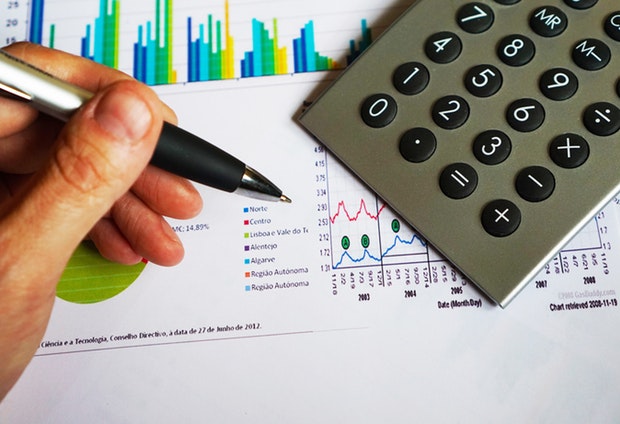Is It Better To Save Money Or Pay Off Debt First?

Most people feel confused when they have a pending debt and they are also supposed to save for the future. In fact, no one wishes to borrow money from a bank. It’s actually unavoidable circumstances that force people to borrow money. Majority of the people borrow due to the fact that they can’t afford to cough out a huge amount of money when they want to further their studies, buy a home or a car. Whether you want to save or pay off a debt, each option has its benefits. When you pay a pending debt, your credit score improves, meaning you can afford to apply for other loans. On the other hand, saving ensures that you have money that you can use in case an emergency happens. But this still doesn’t answer the question-should you pay off debt or save first? It all depends on your situation
Evaluate Your Financial Situation
The easiest way of knowing which option should take the first priority is by evaluating your financial situation. This means that you must first consider the debt that you are supposed to pay off. But you have to be thorough when analyzing your debt because you have to factor into the loan’s interest rate and the payment period that was agreed between you and the lender. You should also analyze your earnings to determine how much money you should be saving every month. In fact, you should do math on your expenses. It’s never a good idea to save without first knowing what fraction of your income should be set aside for paying bills including the loan.
Don’t save first if Loan Interest is High
Every loan has an interest rate. This is because lenders give out money with the intention of making profit when the agreed interest rate is paid back in full. If the loan you took has a high interest rate, it’s advisable you prioritize on clearing it before saving for other purposes. Keep in mind that accumulated interest can overwhelm you in the long run. You should actually commit to making a high monthly contribution so that you can finish offsetting the debt faster. In fact, you should put development and investment plans on pending mode until you are done with the loan. If you opt to balance between paying the debt and saving, you might strain for too long due to the high interest rate.
Save First if Loan Interest is Low
When you have a debt that has a low interest rate such as a mortgage loan or a student loan, it’s advisable you first stash money in an account for unexpected emergencies. This is because the interest you pay is pegged is not pegged on the principle amount. You can therefore be sure that the loan amount will not increase when you slash your monthly payment. Once you have saved a considerable amount of money, you can then use it to pay the outstanding debt. You can invest your savings and then pay using the profit that you will earn.

